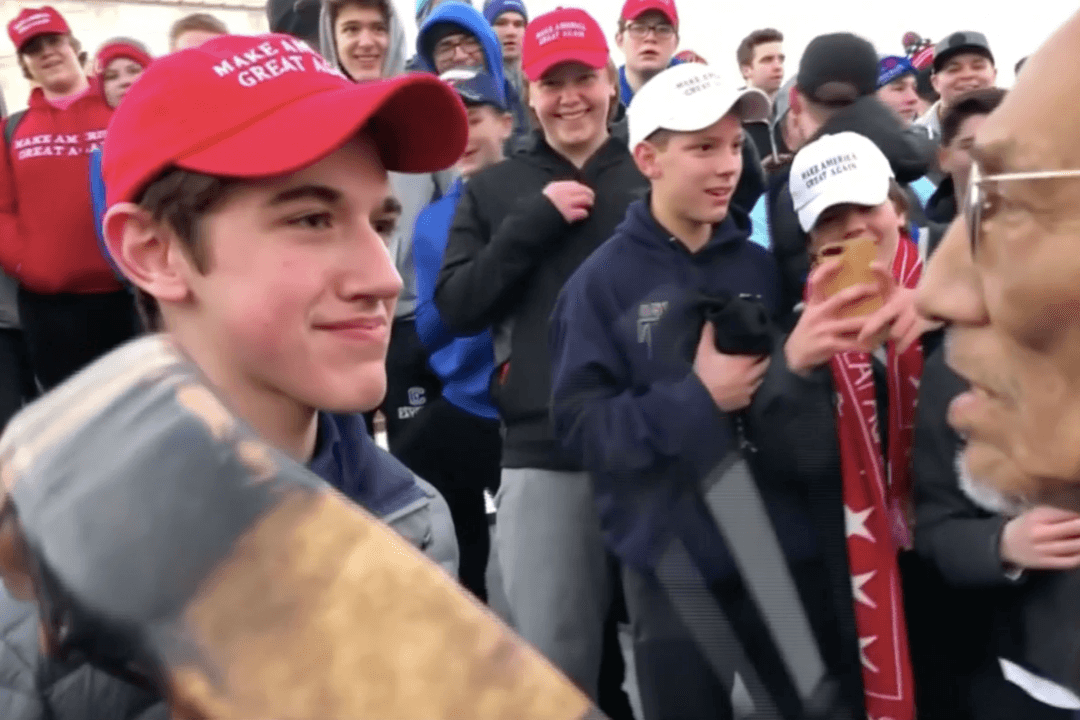Lawyer Robert Barnes named several celebrities and media personalities he intends to sue for libel against some students of the Covington Catholic High School, whom he represents.
In a Jan. 26 Fox News interview, Barnes specifically mentioned Reza Aslan, Iranian-American writer and commentator; Matthew Dowd, ABC News political analyst and former chief strategist for the George W. Bush campaign; actor Michael Rapaport; and The New York Daily News.





